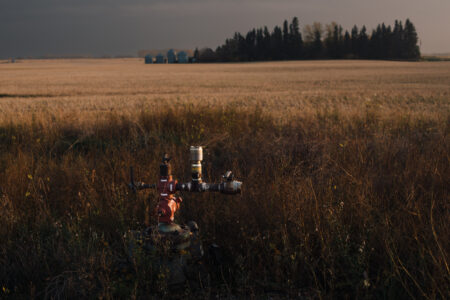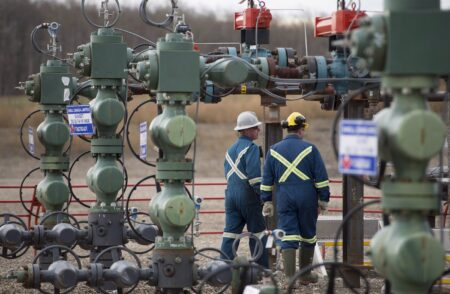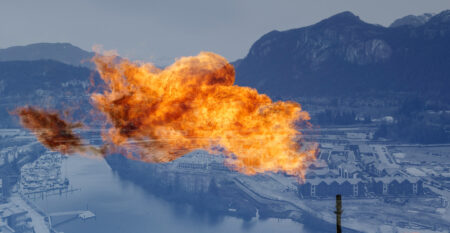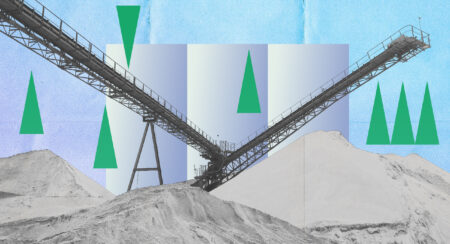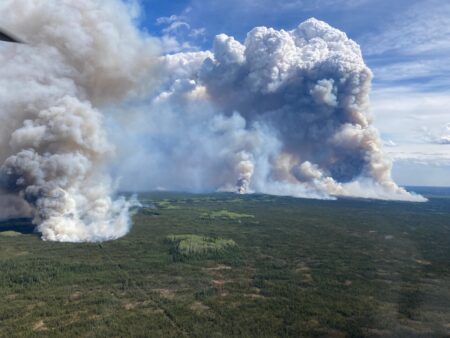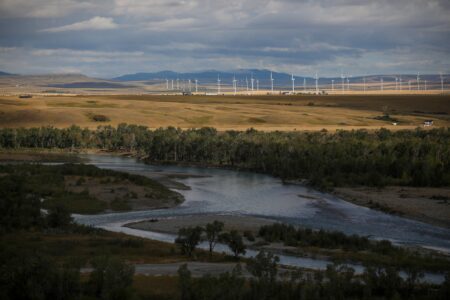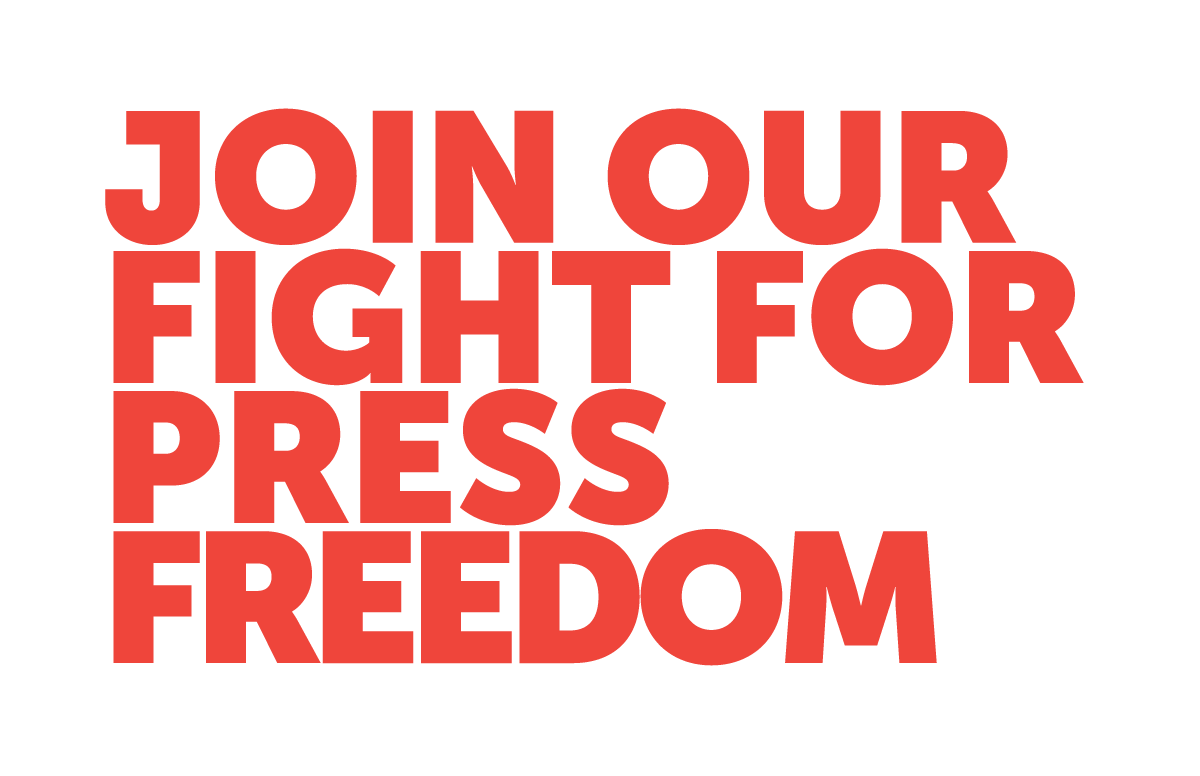In Canada, more than 200,000 wells have been fracked for shale gas or oil, primarily in the western provinces. Hydraulic fracturing, or fracking, is a technique that involves blasting a mixture of water, chemicals and sand into a well to break apart the rock formations and release previously inaccessible oil and natural gas deposits. Most fracking today is done in conjunction with horizontal drilling.
It is now estimated that 80 per cent of new oil and gas wells in Canada are fracked.
The vast majority of hydraulic fracturing operations for shale gas in Canada occur in B.C. and Alberta. Fracking in Saskatchewan and Manitoba is largely for shale oil, also known as tight oil.
Fracking uses large amounts of fresh water — in B.C., the average frack uses between 5 million and 100 million litres of water. This can easily require more than 2,000 truck trips to deliver water, which becomes contaminated after the fracking process and must be disposed of somehow — either in tailings ponds or by being injected deep underground.
As documented in a recent five-year EPA study, leaks and spills of frack fluid have created long-term water concerns.
In addition the process of fracking is known to cause earthquakes and significant greenhouse gas emissions.
For weekly updates on our reporting, sign up for The Narwhal’s newsletter.


